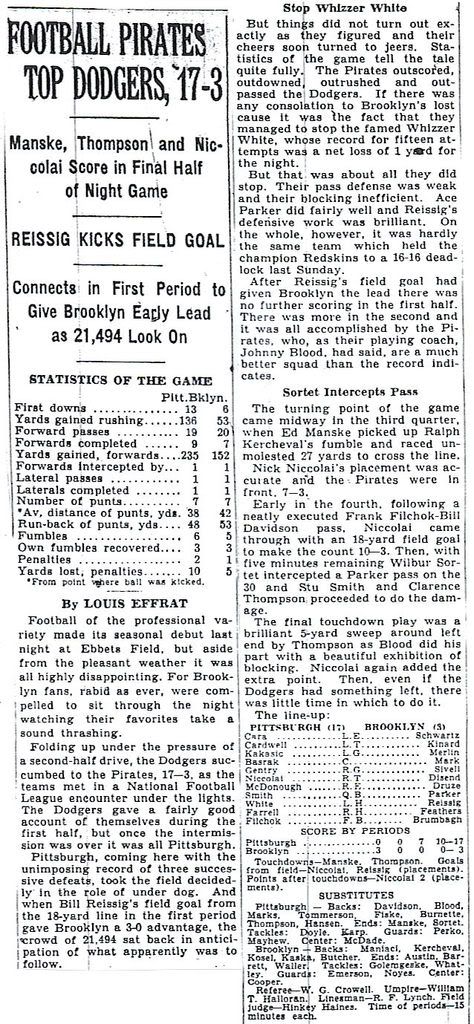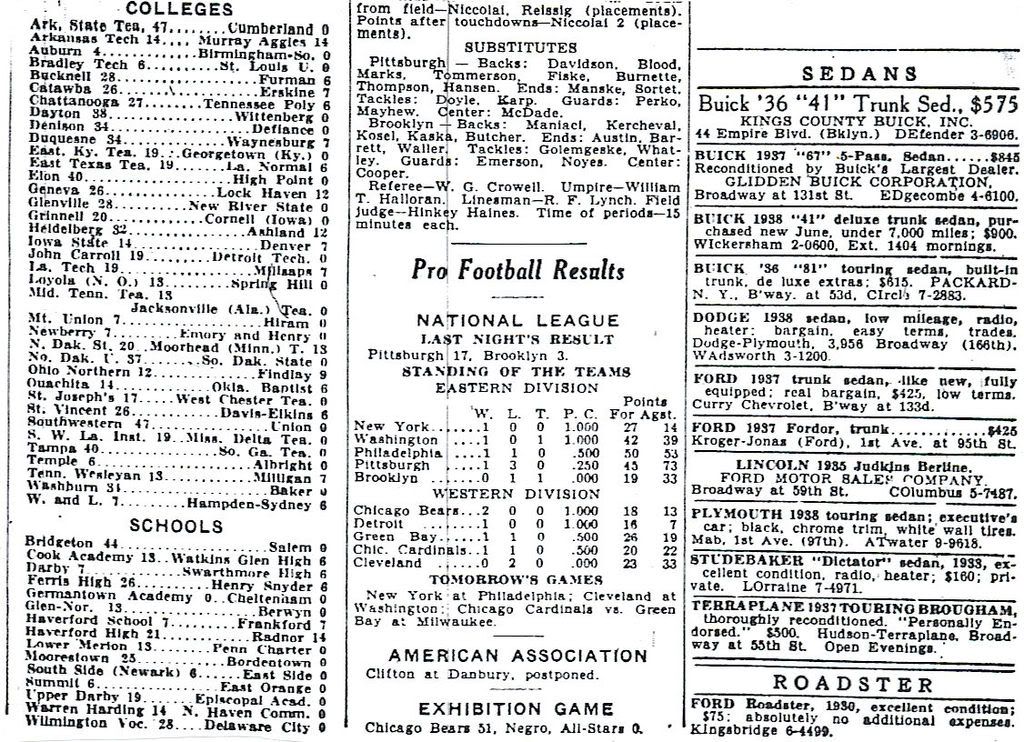CHAMBERLAIN AT GODESBERG: SEPTEMBER 22-23 (continued) There was no further contact between the two men on the evening of September 22. But after sleeping on the problem and spending the early morning pacing his balcony overlooking the Rhine, Chamberlain sat down following breakfast and wrote a letter to Hitler. He would submit the new German demands to the Czechs but he did not think they would be accepted. In fact, he had no doubt that the Czechs would forcibly resist an immediate occupation by German troops. But he was willing to suggest to Prague, since all parties had agreed on the transfer of the Sudeten area to Germany, that the Sudeten Germans themselves maintain law and order in their area until it was turned over to the Reich.
To such a compromise Hitler would not listen. After keeping the Prime Minister waiting throughout most of the day he finally replied by note with a bitter tirade, again rehearsing all the wrongs the Czechs had done to Germans, again refusing to modify his position and concluding that war "now appears to be the case." Chamberlain's answer was brief. He asked Hitler to put his new demands in writing, "together with a map," and undertook "as mediator" to send them to Prague. "I do not see that I can perform any further service here," he concluded. "I propose therefore to return to England."
Before doing so he came over once again to the Dreesen for a final meeting with Hitler which began at 10:30 on the evening of September 23. Hitler presented his demands in the form of a memorandum with an accompanying map. Chamberlain found himself confronted with a new time limit. The Czechs were to begin the evacuation of the ceded territory by 8 A.M. on September 26—two days hence—and complete it by September 28.
"But this is nothing less than an ultimatum!" Chamberlain exclaimed.
"Nothing of the sort," Hitler shot back. When Chamberlain retorted that the German word Diktat applied to it, Hitler answered, "It is not a Diktat at all. Look, the document is headed by the word 'Memorandum.' "
At this moment an adjutant brought in an urgent message for the Fuehrer. He glanced at it and tossed it to Schmidt, who was interpreting. "Read this to Mr. Chamberlain."
Schmidt did. "Benes has just announced over the radio a general mobilization in Czechoslovakia."
The room, Schmidt recalled afterward, was deadly still. Then Hitler spoke: "Now, of course, the whole affair is settled. The Czechs will not dream of ceding any territory to Germany."
Chamberlain, according to the Schmidt minutes, disagreed. In fact, there followed a furious argument.
The Czechs had mobilized first [said Hitler]. Chamberlain contradicted this. Germany had mobilized first . . . The Fuehrer denied that Germany had mobilized.
And so the talks continued into the early-morning hours. Finally, after Chamberlain had inquired whether the German memorandum "was really his last word" and Hitler had replied that it was indeed, the Prime Minister
answered that there was no point in continuing the conversations. He had done his utmost; his efforts had failed. He was going away with a heavy heart, for the hopes with which he had come to Germany were destroyed.
The German dictator did not want Chamberlain to get off the hook. He responded with a "concession."
"You are one of the few men for whom I have ever done such a thing," he said breezily. "I am prepared to set one single date for the Czech evacuation—October first—if that will facilitate your task." And so saying, he took a pencil and changed the dates himself. This, of course, was no concession at all. October 1 had been X Day all along.
But it seems to have impressed the Prime Minister. "He fully appreciated," Schmidt recorded him as saying, "the Fuehrer's consideration on the point." Nevertheless, he added, he was not in a position to accept or reject the proposals; he could only transmit them.
The ice, however, had been broken, and as the meeting broke up at 1:30 A.M. the two men seemed, despite all that had happened, to be closer together personally than at any time since they had first met. I myself, from a vantage point twenty-five feet away in the porter's booth, where I had set up a temporary broadcasting studio, watched them say their farewells near the door of the hotel. I was struck by their cordiality to each other. Schmidt took down the words which I could not hear.
Chamberlain bid a hearty farewell to the Fuehrer. He said he had the feeling that a relationship of confidence had grown up between himself and the Fuehrer as a result of the conversations of the last few days . . . He did not cease to hope that the present difficult crisis would be overcome, and then he would be glad to discuss other problems still outstanding with the Fuehrer in the same spirit. The Fuehrer thanked Chamberlain for his words and told him that he had similar hopes. As he had already stated several times, the Czech problem was the last territorial demand which he had to make in Europe.
This renunciation of further land grabs seems to have impressed the departing Prime Minister too, for in his subsequent report to the House of Commons he stressed that Hitler had made it "with great earnestness."
When Chamberlain arrived at his hotel toward 2 A.M. he was asked by a journalist, "Is the position hopeless, sir?"
"I would not like to say that," the Prime Minister answered. "It is up to the Czechs now."
It did not occur to him, it is evident, that it was up to the Germans, with their outrageous demands, too.
William L. Shirer, The Rise and Fall of the Third Reich, Pg. 393-396

| Facts of the 1938 Hurricane (Francis, 1998) |
- Peak Steady Winds - 121 mph
- Peak Gust - 186 mph at Blue Hill Observatory, MA.
- Lowest Pressure - 27.94 in (946.2 mb) at Bellport, NY
- Peak Storm Surge - 17 ft. above normal high tide (RI)
- Peak Wave Heights - 50 ft. at Gloucester, MA
- Deaths - 700 (600 in New England)
- Homeless - 63,000
- Homes, Buildings Destroyed - 8,900
- Boats Lost - 3,300
- Trees Destroyed - 2 Billion (approx.)
- Cost - $6.2 million (1938), $15 billion (1998 adjusted)
|

12 new inlets were created by the tremendous storm surge. Moriches Inlet, created by a winter storm in 1931, was widened substantially and Shinnecock Inlet was born. The creation of this inlet is affecting coastal Long Island still today. All other inlets were filled in with the wreckage of the storm, especially the automobiles, as well as with tons of sand brought in by the United States Army Corps of Engineers and the Works Progress Administration (WPA).
According to the United States Landfalling Hurricane Probability Project:
90% probability that NY City/Long Island will be hit with a major hurricane (category 3 or more) in the next 50 years.
A storm surge prediction program used by forecasters called SLOSH (Sea, Lake, and Overland Surge from Hurricanes) has predicted that in a category 4 hurricane, John F. Kennedy International Airport would be under 20 feet of water and sea water would pour through the Holland and Brooklyn-Battery tunnels and into the city's subways throughout lower Manhattan. The report did not estimate casualties, but did state that storms "that would present low to moderate hazards in other regions of the country could result in heavy loss of life" in the New York City area (Time, 1998).
By comparison to today, Long Island was sparsely populated back in the 1930's. Where once there were potato farms, there now stand multi-million dollar homes. For a comprehensive study on the impact of a CAT3 hurricane on LI, go here.
9/24/38 Czech Crisis Update [N]o sooner had the Prime Minister returned to London on September 24 than he attempted to do the very thing he had informed Hitler he would not do: persuade the British cabinet to accept the new Nazi demands. But now he ran into unexpected opposition. Duff Cooper, the First Lord of the Admiralty, firmly opposed him. Surprisingly, so did Lord Halifax, though very reluctantly. Chamberlain could not carry his cabinet. Nor could he persuade the French government, which on the twenty-fourth rejected the Godesberg memorandum and on the same day ordered a partial mobilization.
* * * On the departure of Chamberlain from the Dreesen in the early-morning hours of September 24, the Germans had been plunged into gloom. Now that war seemed to face them, some of them, at least, did not like it. I lingered in the hotel lobby for some time over a late supper. Goering, Goebbels, Ribbentrop, General Keitel and lesser men stood around earnestly talking. They seemed dazed at the prospect of war. In Berlin later that day I found hopes reviving. In the Wilhelmstrasse the feeling was that since Chamberlain, with all the authority of the British Prime Minister, had agreed to present Hitler's new demands to Prague, it must be assumed that the British leader supported Hitler's proposals. As we have seen, the assumption was quite correct—so far as it went.
William L. Shirer, The Rise and Fall of the Third Reich, Pg. 396



